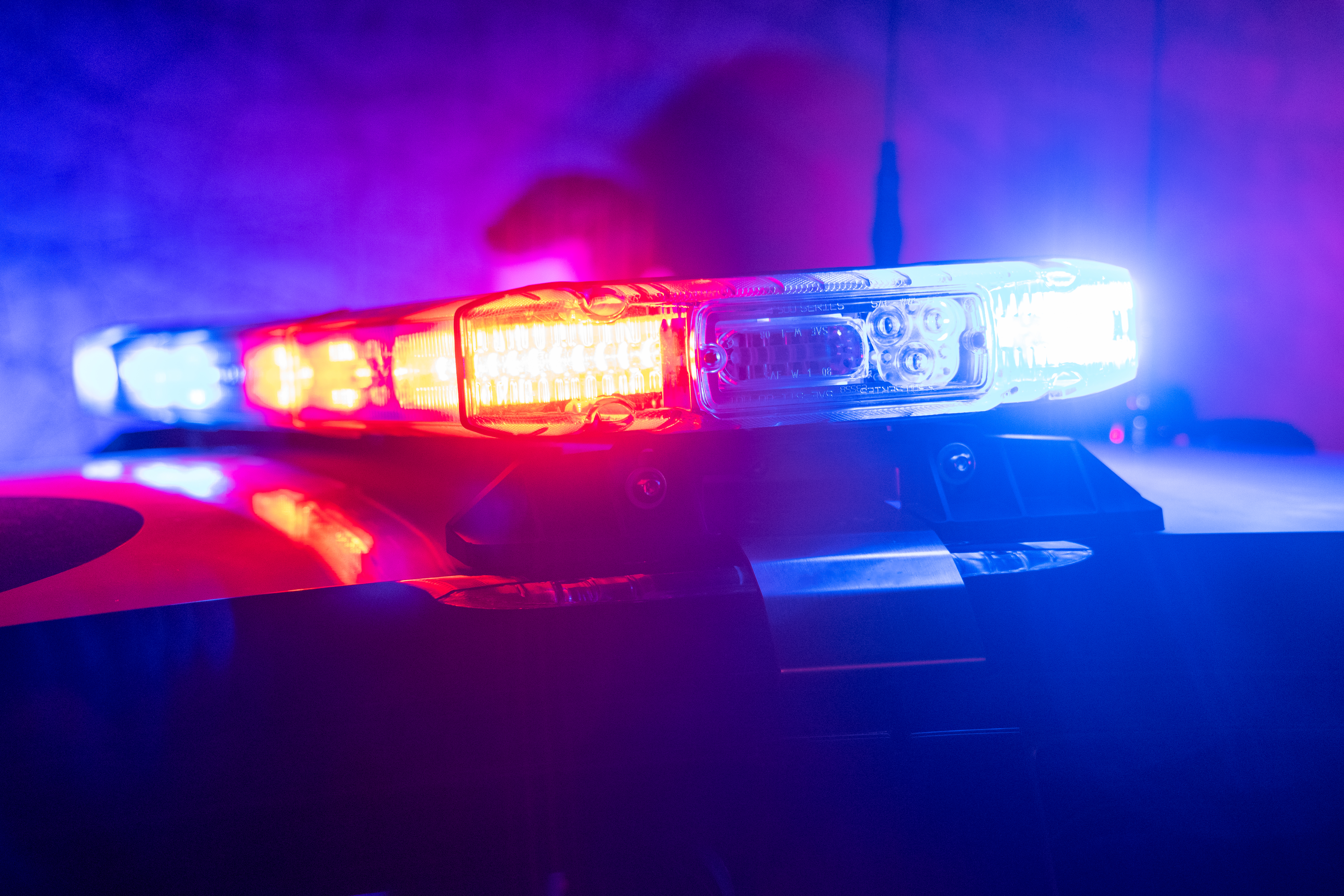With ridership still lagging behind pre-COVID pandemic levels, and with additional transit funding brought about during the pandemic set to expire, the Chicago Transit Authority is facing some big questions in the coming years.
According to data provided to CivicFed, the CTA is still working to increase ridership, with projections showing that ridership in the year 2025 will only be two-thirds of what it was in 2019.
That comes as pandemic funding is set to expire in coming years, posing a potential $730 million-per year budget cap that could impact the CTA, Metra and Pace beginning in 2026, according to a Chicago Sun-Times story from December.
In addition to those issues, the CTA is facing questions about rider safety on its trains and buses, as well as issues with service reliability and staffing concerns.
According to a recent survey conducted by WBEZ, 89% of riders experienced service delays within the last 30 days, with the agency promising to work on service as well as to eliminate the phenomenon of so-called “Ghost Buses,” which sometimes leave riders stranded as they try to reach their destinations.
Reporting by WTTW in December revealed that the agency’s use of overtime spiked during the COVID pandemic, with hundreds of jobs remaining unfilled despite numerous job fairs and offers of sign-on bonuses to those seeking jobs with the agency.
To get a grasp of what the candidates running for mayor had to say about the issue, we have compiled their responses to questions about the CTA, and platform planks they have unveiled during their campaigns.
Local
The first part of each section is a transcript of how the candidates responded to a question about improving CTA service during a recent forum televised on NBC 5 and Telemundo Chicago.
The second part of each section features platform planks unveiled by the candidates on their campaign websites.
Feeling out of the loop? We'll catch you up on the Chicago news you need to know. Sign up for the weekly Chicago Catch-Up newsletter.
Brandon Johnson:
“Right now our public transportation system is unreliable, and it’s unsafe. Again, this is why I’m committed to making sure that we’re making critical investments, particularly for working people who overwhelmingly rely on public transportation.
“We’re going to increase the number of bus lanes and expand that. We’re going to make sure that there are traffic signals that can give preference to bus lanes, but we’re also going to make sure that we are expanding the workforce…and helping individuals with disabilities to make sure that the workforce is fully supported, and that we’re paying them a livable wage.
“The Green line, that’s the line my family utilizes. It is the most equitable transportation line in the city of Chicago. That’s why I’m committed to making sure that we’re making all investments to secure reliable public transportation.”
From Johnson’s Platform:
-Increase employment in communities where unemployment rates are high.
-Reducing or eliminating fares for some, and increasing access to transit are the keys to increasing ridership and improving solvency of the agencies.
-Increase availability of late-evening trains and buses.
-Increase funding for mental health resources and housing advocates, giving resources to those helping those who are experiencing homelessness.
-Prioritize walking and biking, ensuring it’s integrated into the city’s transportation infrastructure.
-Reduce speed limits and automobile access in select areas of the city.
-Institute a rapid-response team to clear sidewalks of snow and ice.
-Install more dedicated bike lanes.
You can read Johnson’s full transit platform on his campaign website.
Paul Vallas:
"The CTA is on the verge of financial bankruptcy. Their farebox is 18% of their operating budget, and it’s supposed to be 15%.
"According to the WBEZ survey, and my conversations with all the transit unions, public safety is the overriding issue. It’s also the reason they can’t keep employees, and recruit employees, and with 500,000 fewer riders a day, you’ve got to prioritize public safety.
"You’ve got to make sure that there are police officers on the platform, that there are police officers riding the trains like New York, that there are police officers at the station.
"If you don’t restore public safety, you cannot sustain a transit system."
From Vallas’ Platform:
-Repurpose the $100 million the city spends on private security to develop a CTA Police Transit Unit, staffed by an additional 500 police officers. Officers would patrol platforms and stations and spot-check trains.
-Conduct an IP audit to detect malfunctioning cameras, and to integrate them into a technical command center that would support the new patrol unit.
-Allow customers to report criminal and behavioral issues via a phone-based app.
-Implement a “co-response model” to help people in crisis.
-Institute rapid transit bus lanes, and to improve bus service on major arteries. Also, seek to connect those bus lines to disinvested transit-isolated communities.
-Use an IT audit to make sure the CTA’s tracking system algins with service.
-Mandate monthly service reports to be provided to the City Council’s Transportation Committee.
You can read more about Vallas’ platform on his campaign’s FAQ page.



